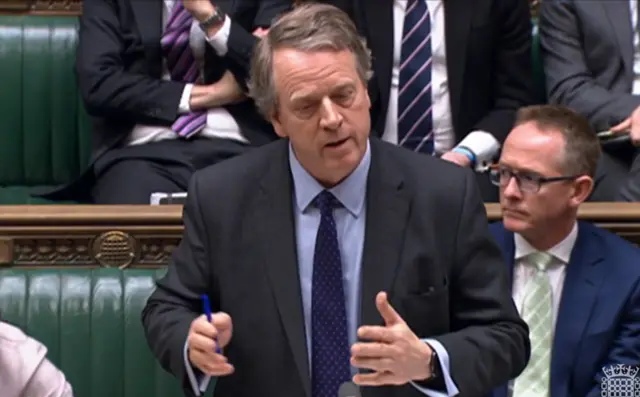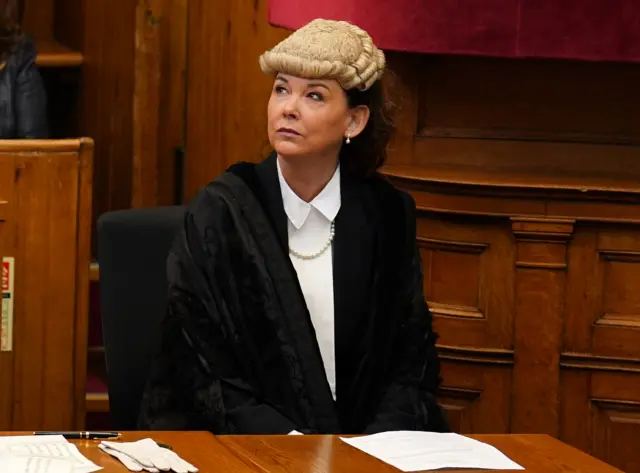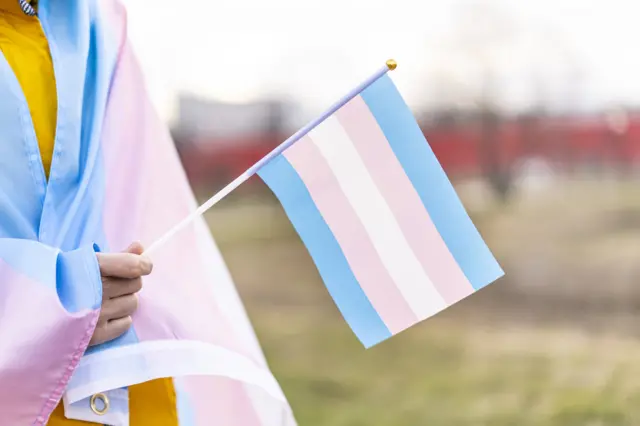
Case likely to end up before Supreme Courtpublished at 12:00 BST 19 September 2023
 James Cook
James Cook
Scotland Editor, BBC News
For nearly 500 years the Court of Session has considered the thorniest and weightiest matters of the moment.
There can hardly be a more fundamental issue than what it means to be a man or a woman.
Judge Lady Haldane, in civilian attire rather than robe and wig as this is a civil not a criminal case, is familiar with the topic, having issued a hotly-debated ruling about the definition of sex last year.
But the Lord Advocate Dorothy Bain KC, representing the Scottish government, says these proceedings are different.
The court, she says, is not being asked to rule on whether changes to gender law approved by Holyrood “could or should have been different or better.”
Rather, argues Ms Bain, the issue is whether or not the Scottish Secretary Alister Jack overstepped his constitutional authority in deciding to block the bill.
She argues that he did. The UK government obviously disagrees, as we will hear from its counsel, David Johnston KC, in the coming days.
But whatever happens here, in the airy, wood-panelled courtroom number one of Edinburgh’s Parliament House, is unlikely to be the end of the matter.
An appeal to a panel of three judges in what is known as the Inner House of the Court of Session may well follow.
And, given that the case hinges on the unprecedented use of a provision of the Scotland Act which established devolution, it would be odd indeed if it did not end up before the UK Supreme Court in London.





